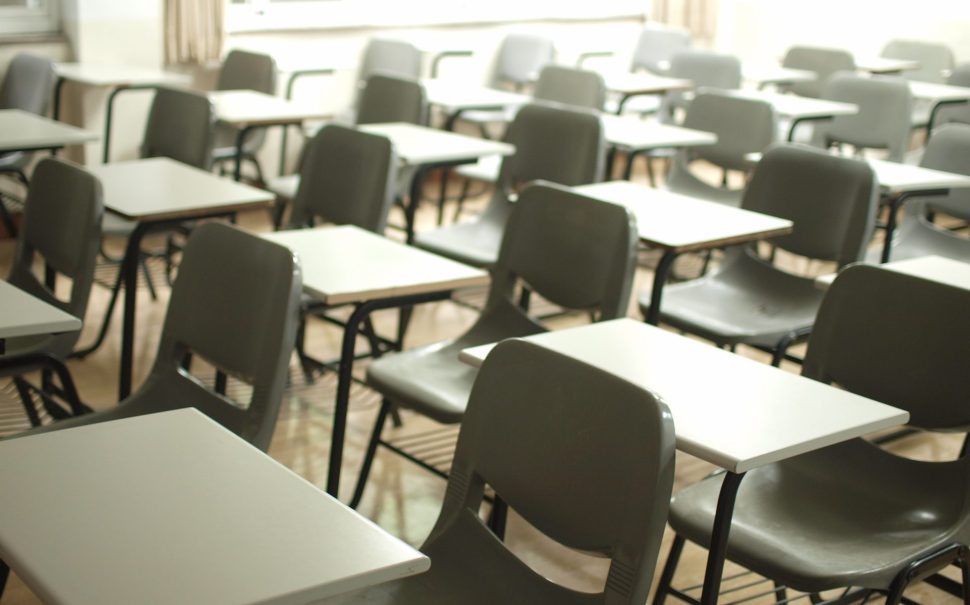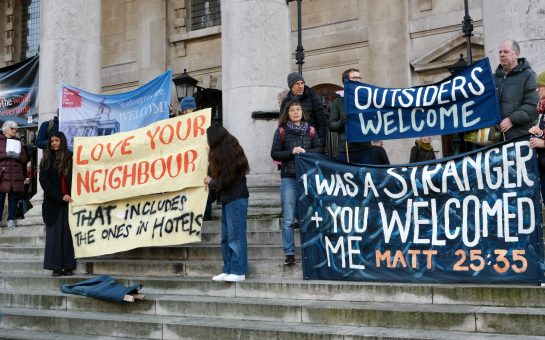South East London children may be required to learn about non-religious worldviews under a new education Bill.
The Education [Non-religious Philosophical Convictions] Bill would require Religious Education classes in England to include non-religious worldviews.
It would also require standing advisory councils for Religious Education – which advise local authorities on the curriculum – to have at least one member who represents non-religious beliefs.
Voluntary aided faith schools that receive a mix of state and outside funding would be exempt from the Bill. This means schools receiving funding from religious organisations will not be required to teach any non-religious worldviews.
The Bill went through a second reading in the House of Lords on February 3, and has divided opinion in South East London.
Hester Brown, secretary of the South East London Humanist Group, said: “Half the public today in this country do not align with a religion; there’s a reason for that. There are other ways of looking at the world.”
The 2021 Census reports that 37.2% of people in England and Wales do not identify with a religion.
Brown continued: “Humanism is a tradition that belongs to us all. It is as old as human thought. We know that from the start there was a tradition of people who wanted to focus on what we can know through human experience and human study, rather than relying on divine reading.”
However, the Bishop of Southwark, the Rt Revd Christopher Chessun, has spoken against the Bill in Parliament.
He told South East Londoner: “The whole premise of the [Bill] is based on a misnomer that the only belief taught in schools is Christianity. The whole content of our curriculum and the way it is taught is shaped by the European Enlightenment for which religion is a private matter.
“Every other subject is taught – often well – and is examined from a secular worldview.”
When asked about the latest Census data that shows only 40.7% of respondents in London are Christian, the Bishop said: “The Census shows Londoners are more likely to identify with a religion than the rest of England and within that the largest groups are Christians.”
The Bill is currently in the committee stage at the House of Lords, where the full Bill will be closely examined. To become law, it will need to be passed in the House of Lords and the House of Commons, before finally being given Royal Assent by King Charles.





Join the discussion